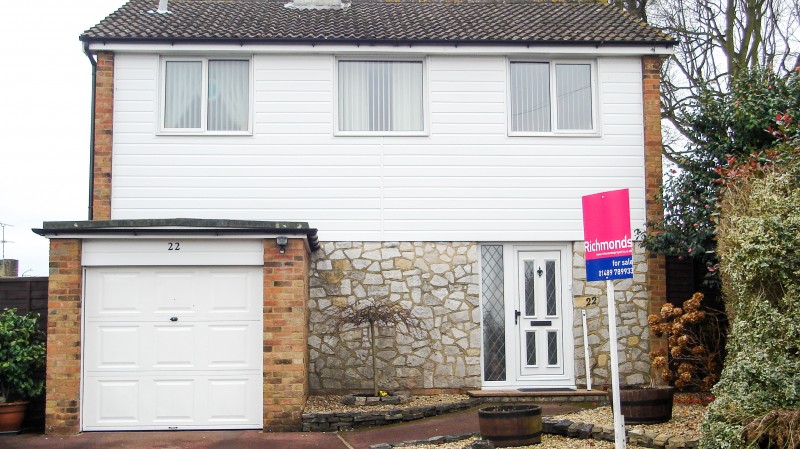You are here: What are china and ball clay searches and why are they important?
The UK is a leading world producer of china clay (Kaolin) and ball clay. If you are buying a property in Cornwall, Devon or Dorset, these searches apply to you.
China clay
Also known as Kaolin, this clay is found in Cornwall and Devon: primarily within the granites of South-West England, Hensbarrow (St Austell) in Cornwall and Dartmoor (Lee Moor) in Devon.
China clay from Cornwall hides in your toothpaste, your paper, your car tyres and even your cosmetics. It’s a billion-pound, global industry. In 2002 some 88% of total sales, valued at about £187 million were exported.
Paper accounts for the majority of sales (70%), then ceramics (22%) and the manufacture of sanitaryware, tableware, tiles, electrical porcelain and glazes, the rest is used as a filler in things like paint, rubber, plastics and adhesive.
Kaolin is extracted from the ground by surface working (open cast method) and is liberated from its host rock by powerful water jets. Each tonne of kaolin produces approximately 9 tonnes of waste. It’s crushed and sold as aggregate. Anything that remains has to be backfilled or tipped on the surface. This is what creates what is known as the ‘Cornish Alps’.
For more information on the ‘white gold’ of the ‘Cornish Alps’, watch Rick Stein’s Cornwall, Episode 10, first aired on BBC, Sunday 7th February 2021.
Ball clay
Also known as plastic clay, ball clay is produced in Devon and Dorset: the Bovey and Petrockstowe basins in Devon and the Wareham basin in Dorset.
Its main uses are in the manufacture of sanitaryware, wall and floor tiles and tableware.
The UK is a leading exporter of ball clay with some 83% of total sales being exported in 2002. Production peaked in 2000 at over a million tons.
Today ball clay is extracted from the ground by the open pit method but previously, until 1999, underground mining was used. The latter is what could put your property at risk.
Even though open cast pit mining may not provide the same level of hidden risk as underground mining, you will still want to find out where the pits are. Extraction involves huge numbers of excavators and dump trucks, and the areas of visual impact are huge.
Are they mandatory?
Not absolutely according to The Law Society but, the handbook states:
“A property should be searched to identify whether further investigation of site-specific ground instability risks is required.
“If a property is located within an area where ground instability risks are likely to occur, solicitors should consider further investigation of the risks present. This may include obtaining a site-specific report from a commercial search company; residential and commercial search products are offered by a number of search providers. Search providers often offer an initial risk assessment of the information provided in the report. An assessment should include a professional opinion of whether the property will be affected by mining or natural ground stability and whether there is likely to be any effect on the value or enjoyment of the property.”
If you are buying in Cornwall, Devon or Dorset you should seriously consider one of these searches: your property could suffer from subsidence due to current or past mining activities.

When are they ordered?
As with any searches, they should be ordered as soon as you appoint your conveyancing solicitor. As a minimum you should order Land Registry and Local Searches, Water and Drainage Searches, and an Environmental Search. Other searches, depending on where the property is in the country include Radon Gas, Mining or China Clay searches.
One of the first things your conveyancer will do is ask you for money ‘on account’ in order to pay for these searches.
Are there different types?
Yes. Some specialist providers will supply stand-alone searches. While other more generalist providers will include china and ball clay within other searches. Your conveyancing professional will advise which is best.
What do they tell you?
All the searches will cover two subjects as a minimum:
- Previous mining activity
- Deposits of clay that may be worked in the future
A specialist search should include clear and concise information detailing historic mining, current and any potential future mining. The report may also include a plan extract confirming the property location and any relevant mining features. If mine workings are identified, recommendations to mitigate the risks may also be provided.
What do they cost?
The cost depends on the type of search and the supplier but mining searches usually start from £30. In some cases, a combined mining and environmental search can be ordered, which will be cheaper than having separate searches.
The cost of a full search depends on the type of search and the supplier, but they usually start from £30. In some cases, a combined mining and environmental search can be ordered, which will be cheaper than having separate searches.
How long do they last?
When acting on a conveyance, your solicitor has to follow The UK Finance Mortgage Lender’s Handbook, it says that searches must be no more than 6 months old on completion.
If you are thinking of buying or selling your home, you may find some of these services useful:
Conveyancing
Get instant estimates from Conveyancers and Solicitors in your local area
Mortgage Brokers
I need help getting a mortgage
Estate Agent
Find a local Estate Agent
Valuation Surveys
If you need a Valuation Survey
Building Surveys
I want a local surveyor to do a Building Survey for me
Removals
I want to find a removal company
Energy Performance Certificate
Energy Performance Certificates